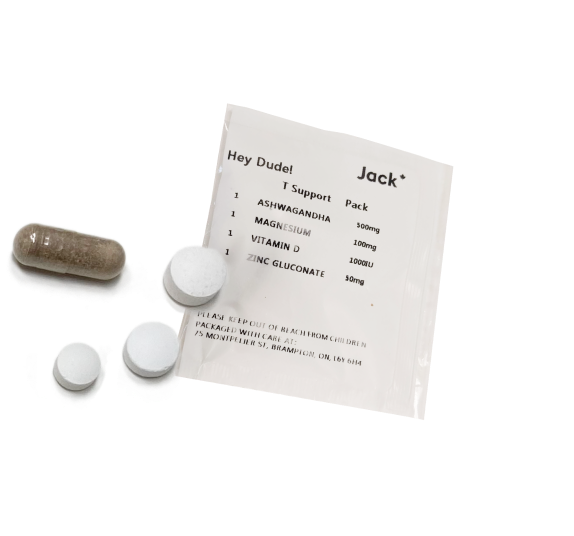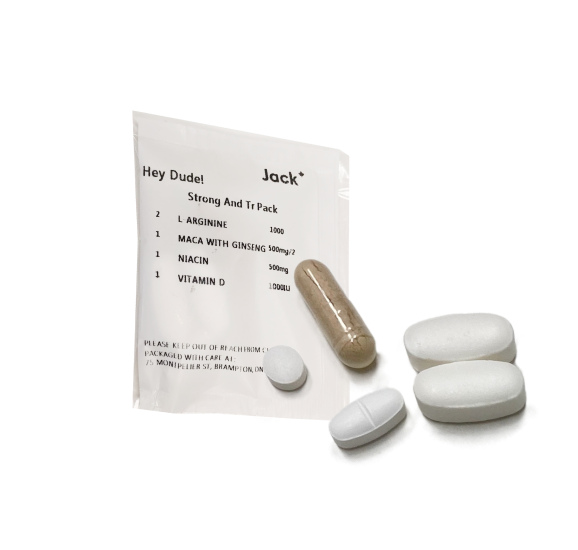What Happens If a Woman Takes Erectile dysfunction medications?
Erectile dysfunction (ED) medications are not suitable for women. This guide aims to explore why and offer insights into female sexual dysfunction (FSD), alternatives to ED medications for women and address some common questions.
Navigating the complexities of sexual health often leads to questions about available treatments and their appropriateness for individuals across the gender spectrum. One frequently asked question pertains to the use of ED medications, primarily used in men.
Given its widespread recognition and success in addressing male sexual dysfunction, it’s natural to wonder about its effects on women. Specifically, many ask: “What happens if a woman takes ED medications?” This question is not only relevant but also crucial in understanding the broader scope of sexual health treatments and their gender-specific applications.
What are ED medications?
ED medications are medications primarily prescribed for men who experience erectile dysfunction (ED). It helps by enhancing blood flow to the penis, facilitating the achievement and maintenance of an erection.
Navigating the complexities of prescription medications, involves understanding their accessibility
Discover whether a prescription is needed for Viagra, shedding light on the regulations surrounding this medication.
How Do ED medications Work?
In men, ED medications react with the body by increasing blood flow to the penis, which is crucial for achieving an erection. It specifically targets blood vessels and muscles in the genital area, requiring sexual arousal to be effective.
When it comes to women, the medication’s effects are less straightforward due to different sexual physiologies. While ED medications do improve blood flow, which theoretically could affect sexual arousal and response in women, its effectiveness and mechanism of action are not as well-defined.
Can Women Take ED medications?
ED medications are not recommended for women. It’s designed to target the male physiology, particularly issues related to blood flow in the penis. While these medications aren’t approved for women, understanding how to access it for men can provide insight into treatments for erectile dysfunction. Learn more about how to get Viagra for a deeper understanding of the process.
It’s not approved for use in women and studies thus far have had mixed results. there are a couple of drugs approved to treat sexual dysfunction in certain women.
There are many reasons for low sex drive in women. Before taking ED medications or any other medication, discuss it with your doctor.
Learn more about how to get Viagra for a deeper understanding of the process.
It’s not approved for use in women and studies thus far have had mixed results. there are a couple of drugs approved to treat sexual dysfunction in certain women.
There are many reasons for low sex drive in women. Before taking ED medications or any other medication, discuss it with your doctor.
What Happens If a Woman Takes ED medications?
If a woman takes ED medications, just as ED medications help improve blood flow for an erection, it may improve blood flow in the female reproductive parts. When this happens, it may cause more sensitivity and stimulation, causing the person taking it to become more aroused.
If a woman takes ED medications the expected sexual function improvements seen in men are unlikely to occur due to different sexual physiology. Women may not experience any significant change in sexual function.
The question of the medication’s suitability for women raises important considerations about female sexual health. For a detailed exploration of this topic, read our article on whether women can take Viagra.
Research on Potential Benefits of ED medications for Women
ED medications known for their ability to enhance blood flow and aid erectile function in men, might offer similar vascular benefits to women, potentially enhancing genital sensitivity, arousal and the ability to achieve orgasm. However, research into its effectiveness for women presents a varied picture.
Sexual dysfunction in women is multifaceted, often influenced by several factors. Among these, the libido-dampening effects of certain antidepressants, such as selective serotonin reuptake inhibitors (SSRIs) and serotonin-norepinephrine reuptake inhibitors (SNRIs), are well-documented.
A notable study in 2008 funded by Pfizer (Viagra’s manufacturer), involved women experiencing sexual dysfunction while on these medications. This study suggested that Viagra might mitigate some of the sexual side effects associated with SSRIs and SNRIs, with participants reporting improved sexual function compared to those on a placebo.
However, the evidence remains mixed. A 2015 report by Mayo Clinic professionals highlighted the variable or limited quality of evidence supporting Viagra’s efficacy for women.
Further investigation, including a 2014 medical review, focused on postmenopausal women with sexual arousal disorder, revealing that while some participants noted better arousal, lubrication and orgasm, these improvements were not universal, especially for women with arousal disorders stemming from neurological or vascular issues.
A 2002 clinical trial comparing sildenafil (Viagra) with a placebo in both pre- and post-menopausal women found no significant differences, underscoring the need for more comprehensive research to clarify Viagra’s potential benefits for women.
Female Sexual Dysfunction Symptoms
Female Sexual Dysfunction (FSD) encompasses a range of challenges that can significantly affect a woman’s sexual health and well-being. Symptoms of FSD are diverse, reflecting the complexity of human sexual response
The idea of women taking ED medications often stems from challenges associated with FSD. Recognizing these symptoms is the first step towards seeking appropriate treatment and improving sexual health and quality of life.
Low sex drive
Low sex drive in women, medically referred to as Hypoactive Sexual Desire Disorder (HSDD), is a common sexual dysfunction characterized by a persistent or recurrent lack of interest in sex. This condition can stem from various factors, including hormonal changes, emotional or psychological stress, underlying medical conditions and the dynamics of a relationship.
For many, a lack of libido or reduced arousal can significantly impact life quality, prompting the search for solutions.
Problems with orgasm
Difficulties with achieving orgasm, a condition often referred to as Orgasmic Disorder, is a significant issue affecting many women’s sexual health. This challenge can manifest as a delay in, infrequency of, or absence of orgasm following a normal sexual arousal phase.
Some women suffer from decreased sensitivity or difficulty in achieving orgasm, leading to pleasure reduction.
Pain during sex
Pain during sex, often due to lubrication problems, is another symptom that drives the interest in potential treatments. This condition can arise from various factors, including physical causes like infections, hormonal changes or conditions such as endometriosis and vaginismus, as well as psychological factors, including stress, anxiety or traumatic past experiences.
Research on Viagra's Effectiveness in Women
Studies and clinical trials have explored Viagra’s impact on women, but the data analysis and evidence-based reviews have yet to demonstrate a clear benefit for female sexual dysfunction.
Viagra targets sexual performance, not sexual arousal.
There’s limited evidence that the drug is somewhat beneficial for women with sexual dysfunction.
It should be noted that sildenafil is also available as Revatio, available in 20 milligram (mg) doses (which is less than a Viagra dose). It’s used to treat pulmonary hypertension in both men and women.
Alternatives for Viagra for Women in Canada
Canada has approved the first “Viagra for women” pill — and, to the alarm of some experts, loosened restrictions around alcohol.
Addyi represents the first medication globally to receive approval for treating hypoactive sexual desire disorder (HSDD), a diagnosis that has sparked debate for potentially medicalizing women’s sexual behavior that deviates from certain societal expectations.
Additionally, there has been skepticism regarding Addyi’s effectiveness, with critics pointing out that its benefits over placebos are marginal, contributing to just one additional “sexually satisfying event” each month on average.
Key Takeaways
- ED medications are not recommended for women, as its efficacy and safety for treating female sexual dysfunction have not been conclusively proven.
- Female sexual dysfunction encompasses a range of issues, including low sex drive, difficulties with orgasm and pain during sex, each requiring specific approaches for management and treatment.
- Consultation with healthcare professionals is essential for women experiencing sexual health issues to explore suitable treatments based on individual needs and underlying causes.
Frequently Asked Questions
What Happens When a Woman Takes ED medications for the First Time?
Several health reports say just like in men, ED medications can increase blood flow to the genitals in women and consequently can lead to an increase in sensitivity, arousal and orgasm. But there are limitations to this.
Are There Any Long-Term Effects of Women Using Viagra?
ED medications may cause blood pressure to drop, especially within a few hours of taking it. That can be a problem if you already have low blood pressure or take medicines that lower blood pressure. While ED medication appears to be safe for most men, there’s little data on safety in women, particularly in the long term.
How Do Hormones Affect the Efficacy of Viagra in Women?
ED medications could potentially have indirect effects on hormonal balance in women, as it may influence blood flow and vascular function. However, the specific consequences and long-term effects of such hormonal changes, if any, are not well-understood.
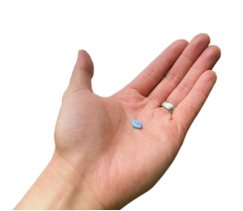





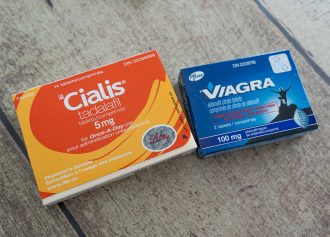
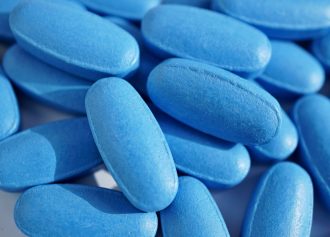







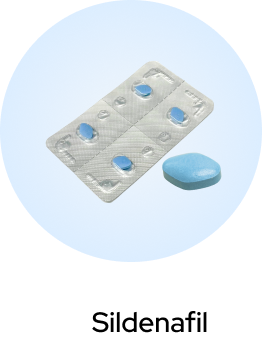
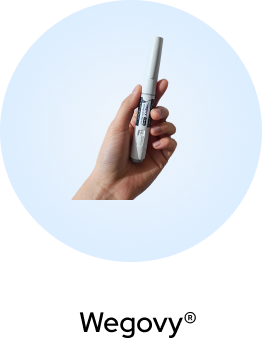
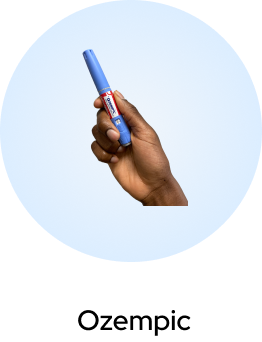


 (US)
(US)
